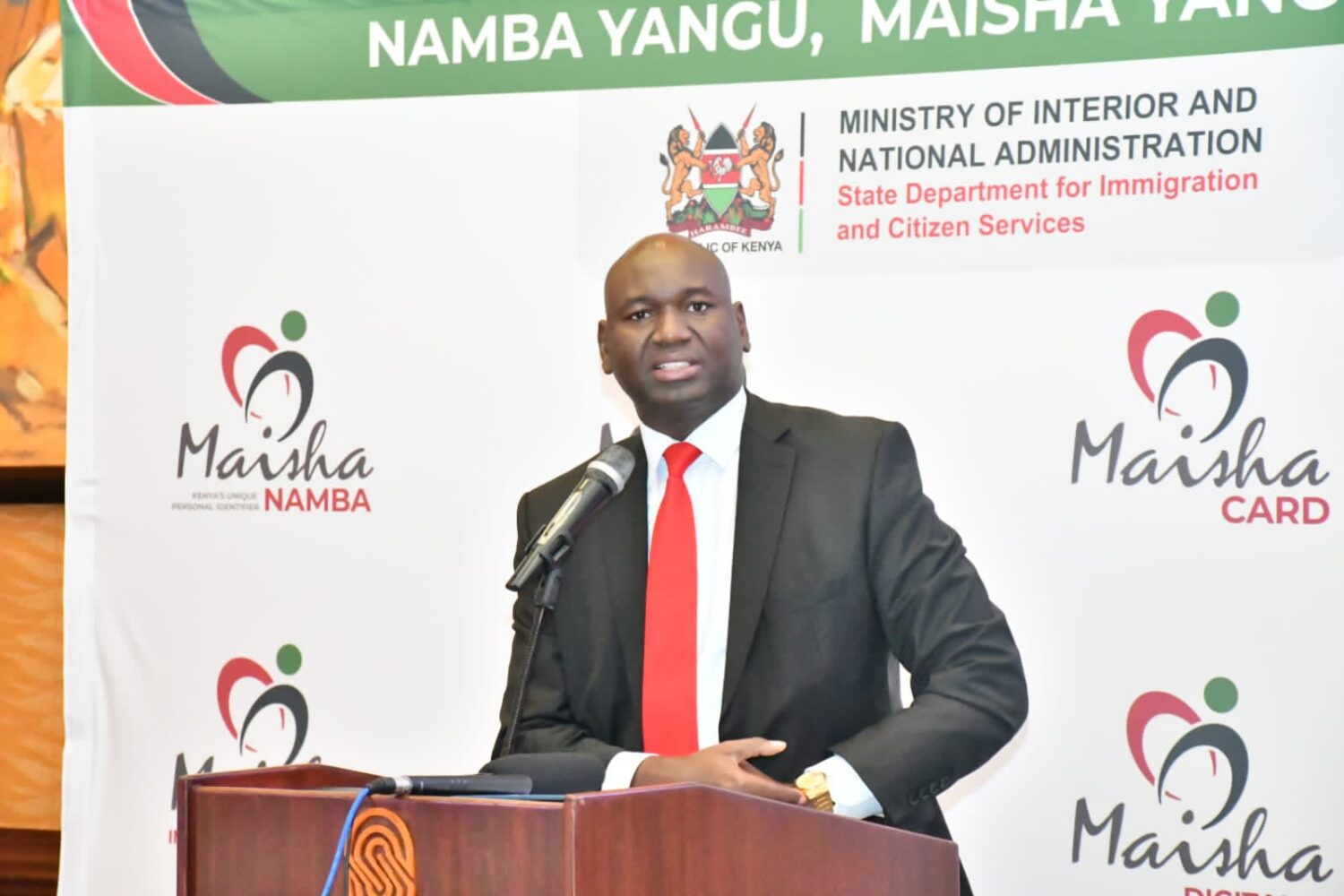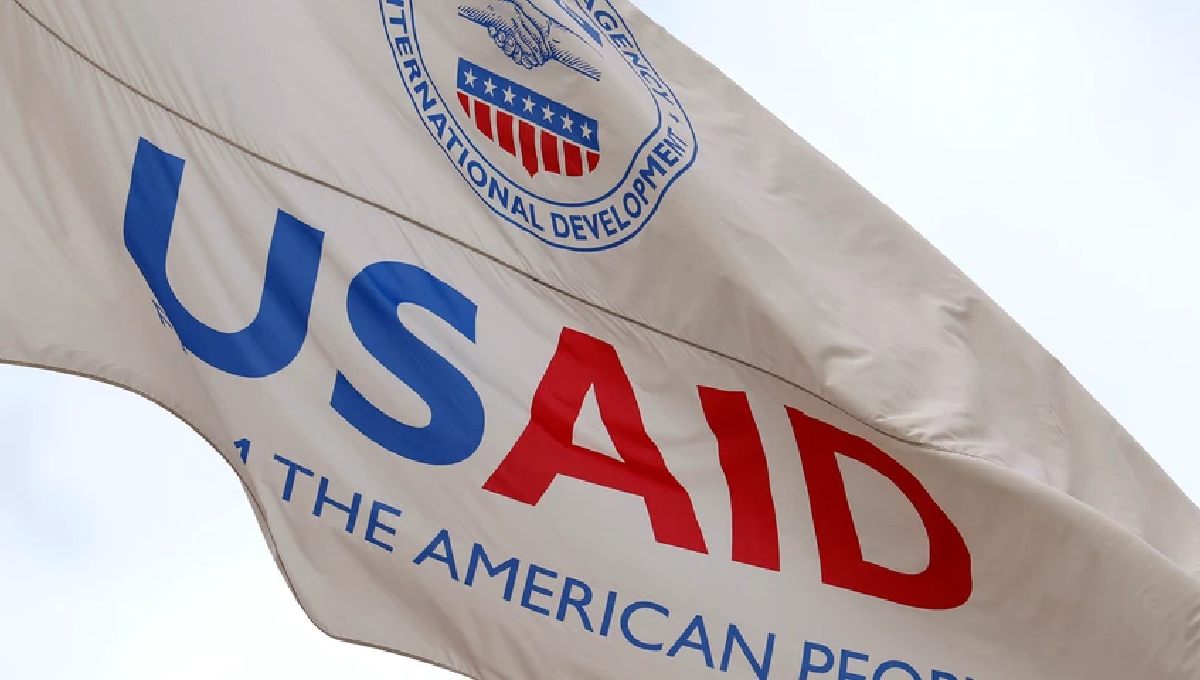The High Court on Monday, August 12 overturned its earlier orders that had stopped the issuance of Maisha Namba (3rd Generation ID).
In his ruling at the Milimani High Court, Justice Lawrence Mugambi noted that the government had demonstrated that suspending citizens’ registration has direct negative impact on a large Kenyan populace.
“Having regard to the foregoing reasons, I am persuaded that it is not in public interest to maintain the interim conservatory orders,” ruled Justice Mugambi.
The earlier orders barring the issuance of the new identity cards were issued on July 25, 2024 after Haki na Sheria Initiative filed a petition against the National Government, Attorney General, Interior Cabinet Secretary, and Principal Registrars of Births, Deaths, and Persons.
While suspending the exercise back then, the judge had noted that the State was actively collecting, processing and storing data despite data security concerns, arguing that it would be difficult to remedy damage caused if the whole process would be deemed unconstitutional.
“There is great risk of prejudice being caused to members of the public and their right to privacy by the disclosure of certain types of personal information in the absence of proposals on how that data will be protected,” the Judge ruled. “Should the respondents be allowed to proceed with this process and later on it is found to be unconstitutional; there is no amount of compensation or measures that can redress data breach.”
PS Bitok’s arguments
In his affidavit, Immigration and Citizen Services Principal Secretary (PS) Julius Bitok affirmed that the Maisha Ecosystem was a digital upgrade of the 2nd generation identity card.
He also asserted that the State was using a data base that already exists pursuant to the provisions of Kenya Citizen and Foreign Nationals Management Service, 2011 hence no mass registration or collection of data will be taking place contrary to the allegation made by the petitioners.
PS Bitok also told the court, in his affidavit, that the as at 31st July, 2024, the backlog of Maisha Card registration stood at 1,215,095 and that the court barring the exercise would “precipitate crisis of unimaginable proportions.”
Prior to implementing the Maisha Ecosystem, PS Bitok argued, a comprehensive Data Protection Impact Assessment (DPIA) was conducted and submitted to the Data Protection Commissioner who confirmed its compliance with Section 31 of the Data Protection Act.
He further argued that the July 25, 2024 court order had effectively stopped the processing and storage of the data to the extent that access to e-Citizen system services is completely disabled yet most government services depend on it.
“The services affected ecitizen portal which supports payment of virtually all government services; more than 450 government agencies depend on it to confirm status; the system supports government infrastructure for instance, police service online occurrence book, judiciary information system, health information system, and pension information system,” PS Bitok argued.











